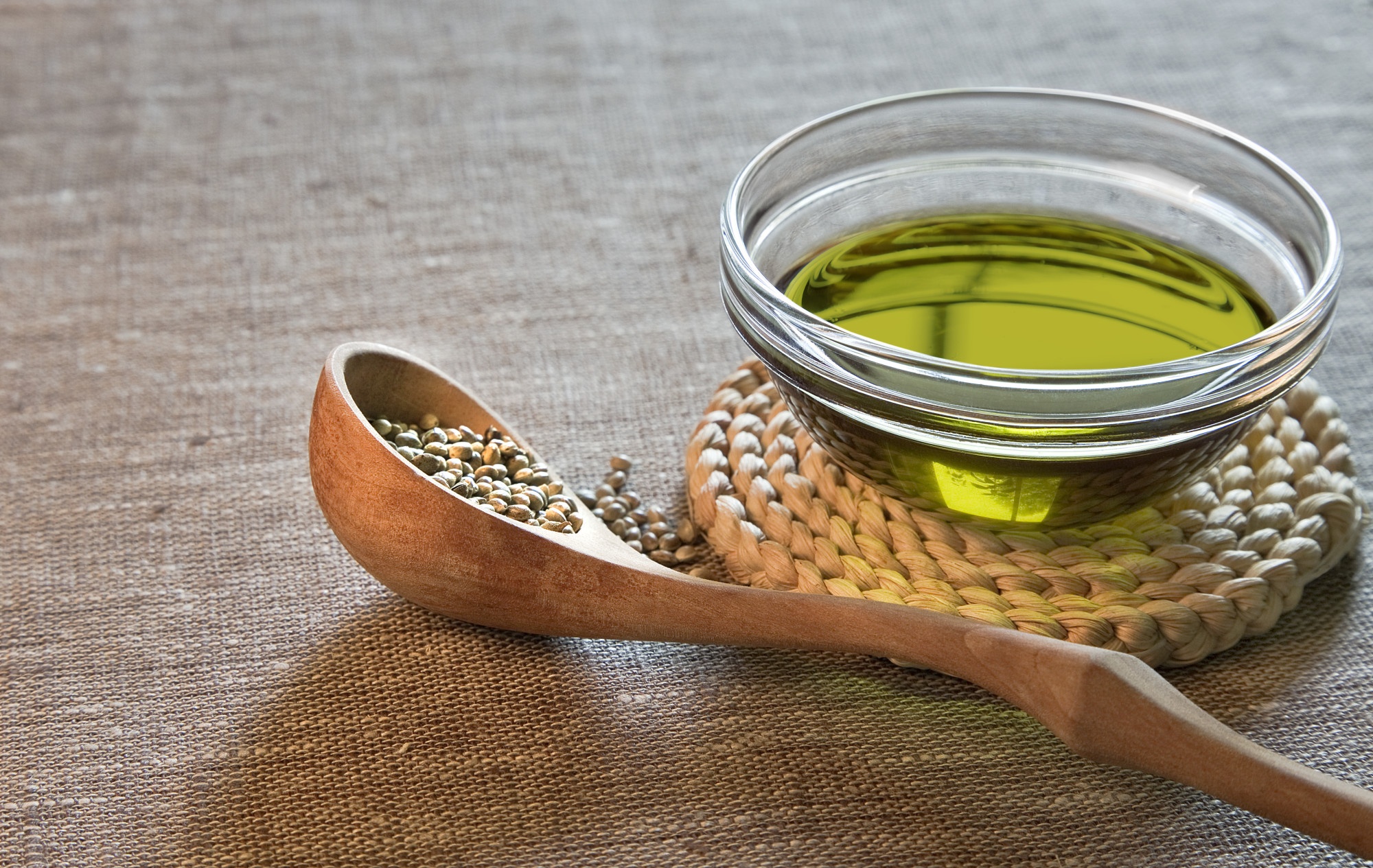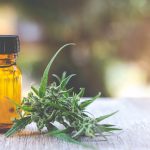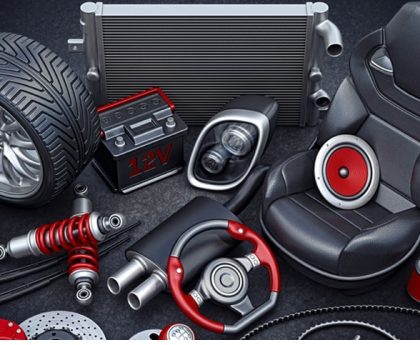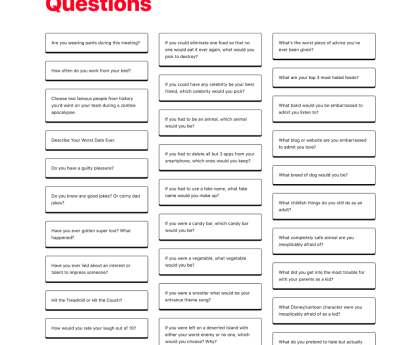CBD, short for cannabidiol, is a non-psychoactive compound that has exploded in popularity. It’s found in everything from chocolate bars to pet treats, but is a little more hidden than THC-laced marijuana.
Reputable online stores will provide third-party lab testing. This is a huge advantage over brick and mortar shops.
Legality
While the federal government continues to classify hemp and cannabis as controlled substances, CBD is legal in many states, thanks to the 2018 Farm Bill. This allows businesses to sell hemp-derived products across state lines and without fear of prosecution. However, a business’s compliance with state and federal regulations is still important.
Before you open a CBD store, be sure to check that it is in compliance with all relevant laws and regulations. You should also be aware that some states require retailers of hemp-derived CBD products to register or obtain a license. Failure to comply with these requirements could result in hefty fines and the possibility of product seizures.
In addition, you should look for a CBD store that offers third-party lab results for their products. This is a sign of good faith and will help you avoid scams. If a company does not provide these documents, it is best to move on to another shop.
Benefits
With its increasing popularity as a supplement and the ease of use for both people and animals, CBD is becoming an excellent product to carry in stores. Its high margins and wide selection of reputable suppliers make it worth the effort. However, you must be aware of the potential risks that could affect your business. This includes regulatory laws, consumer demand, and financial supporters. Having a comprehensive business plan will help you navigate these factors and ensure the success of your CBD store.
It’s also important to understand the difference between a CBD shop and a coffee shop. While the latter sells cannabis products, the former only sells products that comply with regulations and have been approved by the competent authorities.
Customers also want to know that the product they are buying is of the highest quality. The best CBD shops have transparent information about their products, including third-party lab tests. In addition, they should be able to answer questions from their customers in an effective manner.
Reputation
A good CBD store should make it easy for shoppers to find exactly what they’re looking for. The site should have an attractive design and plenty of information on products, as well as the option to contact customer support. This will help inspire confidence in hesitant buyers.
CBD Market is another online CBD shop that does a great job of making it easy to find what you’re looking for. They offer a large selection of different products, including oils, capsules, edibles (including gummies), drinks, vaping products and even pet versions of CBD. They also have a separate section for alternative cannabinoids like CBG, CBN and CBC, as well as terpenes and isolates.
You can also browse the site by collection, which is a great way to try out different types of CBD products before you buy them. The collections include Relief & Recovery, Rise & Well and Drift & Dream, all of which contain specific CBD concentrations and other natural ingredients.
Cost
If you want to open a CBD store, you will need to invest in a variety of startup costs. These include a franchise fee, rent, inventory, and other one-time costs. It is also important to choose a location that is easily accessible and attractive to customers. This way, you can attract more visitors and boost sales.
The cost of a CBD shop can be expensive, but it is worth the investment if you want to create a high-quality product and build a strong reputation in your community. A well-developed business plan will act as a navigator for you in navigating regulatory laws, consumer demand, and new business opportunities. It can also help you secure financial supporters and obtain CBD retail insurance.
Many local CBD stores sell a lot of different products, which can lead to inconsistent dosages and lower quality standards. The lack of regulation means that it’s difficult to verify whether a product actually contains the amount of CBD listed on the label.





